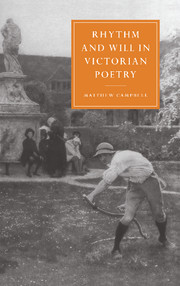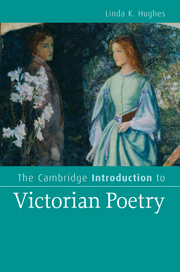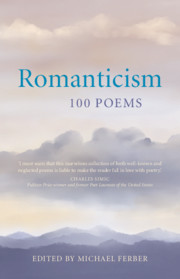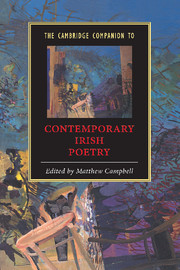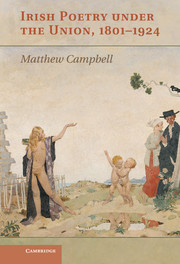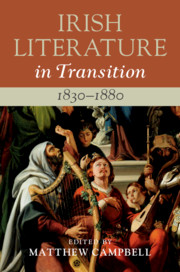Rhythm and Will in Victorian Poetry
Matthew Campbell explores the work of four Victorian poets--Tennyson, Browning, Hopkins and Hardy--in the context of their concern with questions of human agency and will. Through close study of meter, rhyme and rhythm, Campbell reveals how closely, for these poets, questions of poetics are related to issues of psychology, ethics and social change. He goes on to discuss more general questions of poetics, from Milton through Romanticism and into contemporary critical debate, making a major contribution to the current renewal of interest in formalist readings of poetry.
- Innovative study of the work of major Victorian poets
- Exciting contribution to renewed interest in formalist readings of poetry
- Illuminating study of important but hitherto neglected aspect of Victorian literature and culture
Reviews & endorsements
"...a perceptive study...valuable commentary on crucial Victorian poems..." Victorian Periodicals Review
Product details
May 1999Hardback
9780521642958
290 pages
229 × 152 × 21 mm
0.6kg
Available
Table of Contents
- 1. Two decisions
- Part I. Rhythm and Will:
- 2. 'Will' and rhythm
- 3. Tennyson, Browning and the absorbing soul
- Part II. Monologue and Monodrama:
- 4. Browning and the element of action
- 5. 'Tis well that I should bluster': Tennyson's monologues
- Part III. Making a Will:
- 6. The drift of In Memoriam
- 7. Incarnating elegy in The Wreck of the Deutschland
- 8. The mere continuator: Thomas Hardy and the end of elegy.

